Physical Address
304 North Cardinal St.
Dorchester Center, MA 02124
Physical Address
304 North Cardinal St.
Dorchester Center, MA 02124
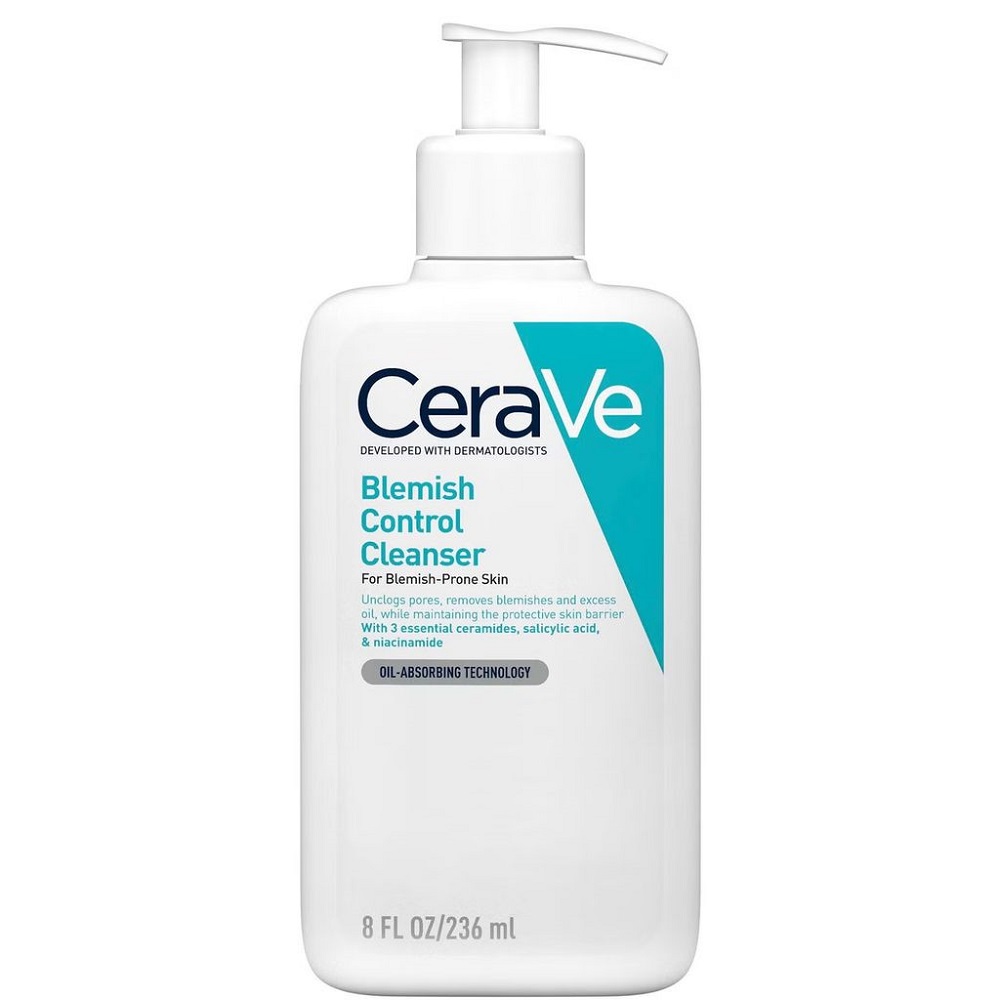
Cleansing is one of the fundamental steps in any skincare routine. Proper cleansing is essential for maintaining healthy skin, regardless of skin type or condition. Skin cleansers help remove dirt, pollutants, excess oil, and makeup that can accumulate on the skin’s surface throughout the day. In this article, we will explore the importance of skin cleansers, different types of cleansers, and tips for choosing the right product for your skin.
Cleansing is vital for several reasons. The primary function of a skin cleanser is to remove impurities that can clog pores and contribute to various skin issues. Pollutants, sweat, and grime can accumulate on the skin, leading to breakouts and dullness. Daily cleansing helps maintain the skin’s natural barrier, promoting a healthy and vibrant complexion.
Without proper cleansing, the skin can become a breeding ground for bacteria. These bacteria can contribute to acne and other skin problems. Regularly cleansing your skin helps to prevent these issues from developing. It allows for a more effective skincare routine, where other products, like serums and moisturizers, can penetrate the skin more efficiently.
A consistent cleansing routine is key to achieving and maintaining healthy skin. Developing a daily habit of cleansing can lead to significant improvements in skin tone and texture. Cleansing twice a day—once in the morning and once before bed—is often recommended. This practice helps remove accumulated dirt and excess oils and refreshes the skin for the day ahead.
Consistency is vital. Irregular cleansing can lead to a decline in skin health. Over time, skin may lose its natural glow due to a buildup of impurities and dead skin cells. Moreover, different environmental factors, such as weather or pollution, may affect how often you need to cleanse your skin. Finding a balanced routine that works for your skin type is essential for optimal results.

Foam and gel cleansers are popular choices for many people. They typically provide a deep cleanse while helping to remove excess oil. Foam cleansers offer a light and airy texture, making them easy to apply. They often contain ingredients like salicylic acid or tea tree oil, commonly used for oily or acne-prone skin.
Gel cleansers have a slightly thicker texture but still provide a refreshing wash. They tend to leave the skin feeling squeaky clean without stripping away essential moisture. Those with combination or oily skin may find these two types particularly effective. The right choice will depend largely on individual skin types and concerns.
For individuals with dry or sensitive skin, cream or lotion cleansers are excellent options. These cleansers offer a more hydrating experience, helping soothe irritation while effectively removing makeup and dirt. Cream skin cleansers typically contain nourishing ingredients like glycerin or natural oils, which can replenish the skin while cleansing.
Lotion cleansers are usually gentler and can work well for sensitive or reactive skin types. They tend to provide a comforting feel and often do not require rinsing. This makes them a convenient choice for those looking for a quick cleaning option, particularly in colder climates where the skin may be more susceptible to drying out.
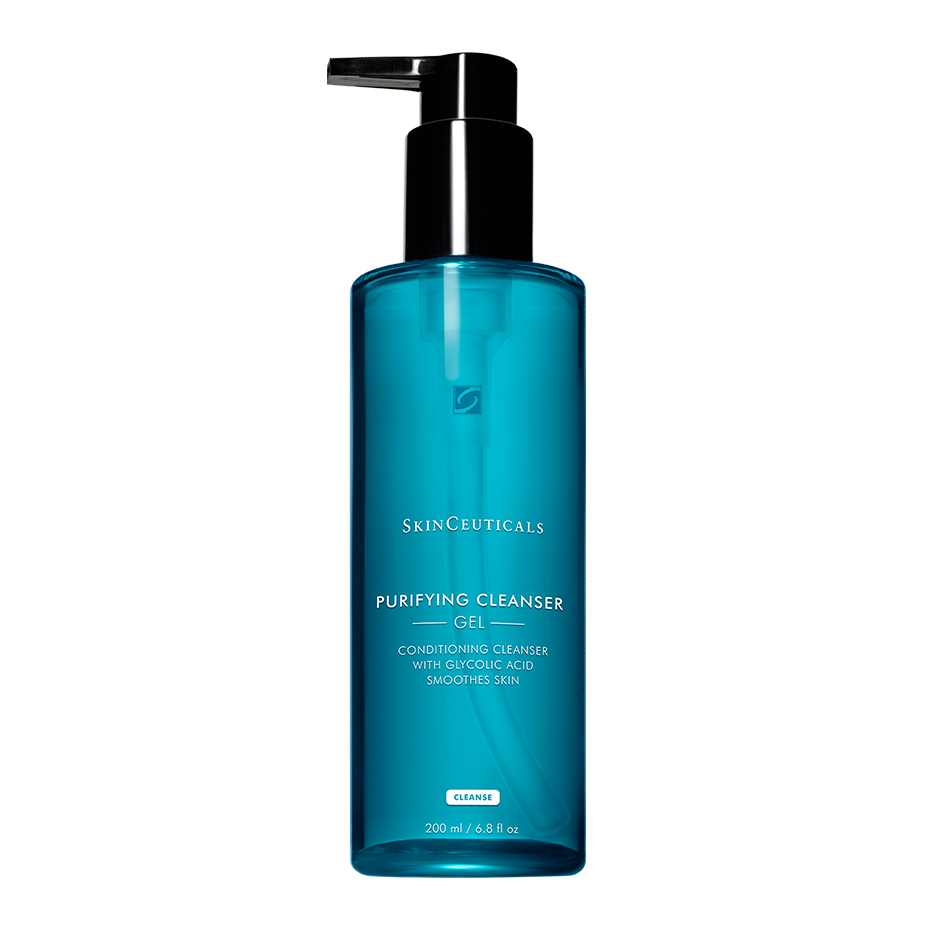
Knowing your skin type is foundational in selecting the appropriate cleanser. Whether your skin is oily, dry, combination, or sensitive can influence the choice of product. For example, those with oily skin may benefit from oil-free foam or gel cleansers, while individuals with dry skin might find cream or lotion skin cleansers more suitable.
Additionally, skin concerns like acne, eczema, or rosacea can dictate the choice of ingredients. If you have specific concerns, look for cleansers containing targeted ingredients. For instance, sensitive skin may benefit from fragrance-free or hypoallergenic products, while acne-prone skin might thrive with salicylic acid or benzoyl peroxide.
The ingredient list of a cleanser is just as important as its type. Always check for effective and gentle ingredients that can benefit your skin. Natural extracts, vitamins, and antioxidants are valuable additions, as they can enhance the cleansing process and provide extra nourishment.
Avoid harsh ingredients like sulfates or excessive alcohol. These can be drying and irritating, especially for sensitive skin types. Always prioritize skin-soothing ingredients such as aloe vera, chamomile, hyaluronic acid, or essential fatty acids to promote health and balance.
A prevalent misconception is that over-cleansing is necessary for flawless skin. Some individuals may think that more frequent cleansing or using multiple products will yield better results. However, over-cleansing can disrupt the skin’s natural barrier, leading to irritation, redness, and dryness.
Finding a balance is crucial. Generally, cleansing twice a day is recommended for healthy skin, but overly aggressive cleansing should be avoided. Instead, focus on quality. Using a gentle, effective cleanser will contribute to maintaining healthy skin without sacrificing moisture and comfort.
Another misconception is that cleansing alone can solve all skin concerns. While cleansing is a vital step, it should not be viewed in isolation. Proper skincare includes additional steps like exfoliating, toning, moisturizing, and sun protection. Each step serves a specific purpose, contributing to overall skin health.
A well-rounded routine will help ensure that your skin benefits from cleansing while also receiving necessary nutrients and protection. Understanding this holistic approach will lead to better skincare practices and improved long-term results.
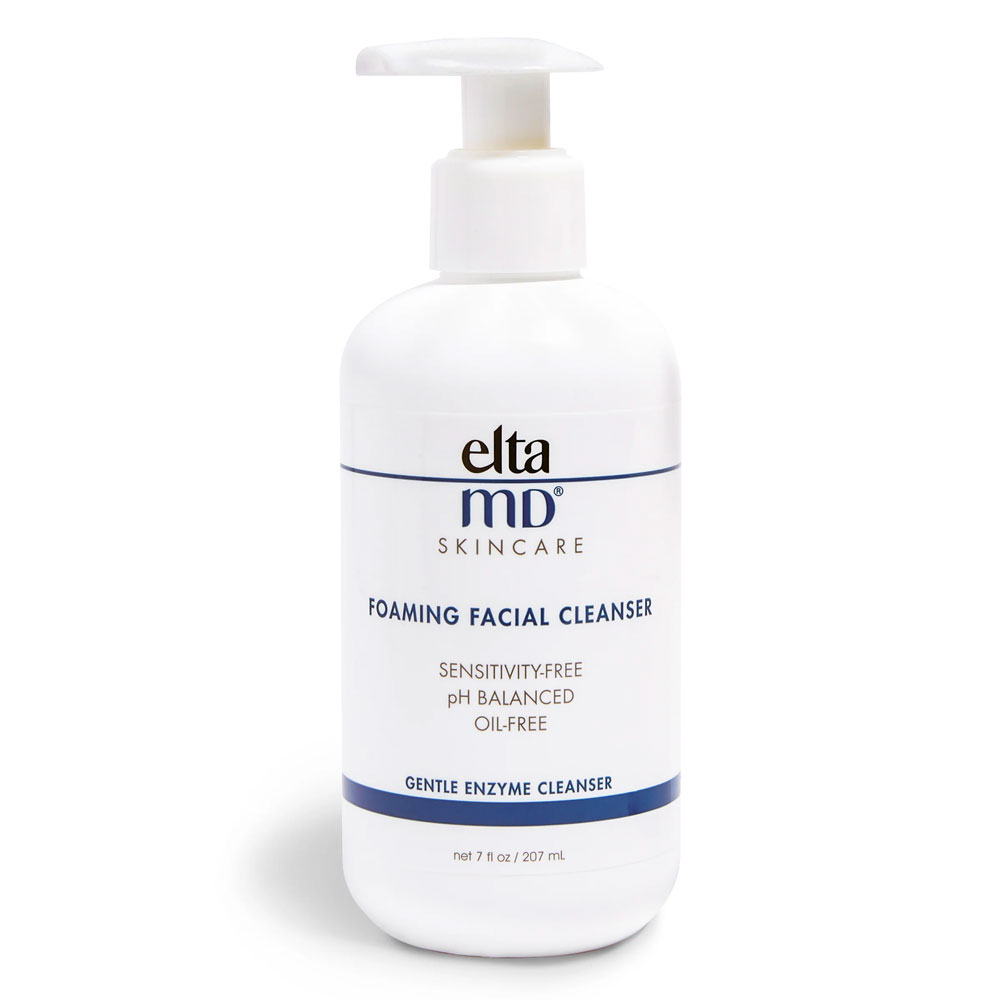
To maximize the effectiveness of your cleanser, it is essential to use proper techniques. Start by rinsing your face with lukewarm water to open up the pores. Apply the cleanser gently, using circular motions to ensure thorough coverage. Spend adequate time massaging the cleanser into your skin to allow for better absorption.
After massaging, rinse thoroughly to remove all traces of the cleanser. Leaving product residue on your skin can lead to clogged pores and discomfort. Once rinsed, pat your skin dry with a clean towel. Avoid rubbing, as this can irritate and cause redness. Following this process will help your skin achieve its best condition.
For individuals who wear makeup or use heavy sunscreen, double cleansing can be beneficial. This process involves two stages: first, using an oil-based cleanser to break down makeup and sunscreen, followed by a water-based cleanser to clean the skin.
Double cleansing ensures a thorough removal of impurities, preventing breakouts and leaving the skin feeling fresh. Many people with oily or combination skin find this method particularly effective. By taking the time to double cleanse, you can elevate your routine and achieve a deeper level of cleanliness.
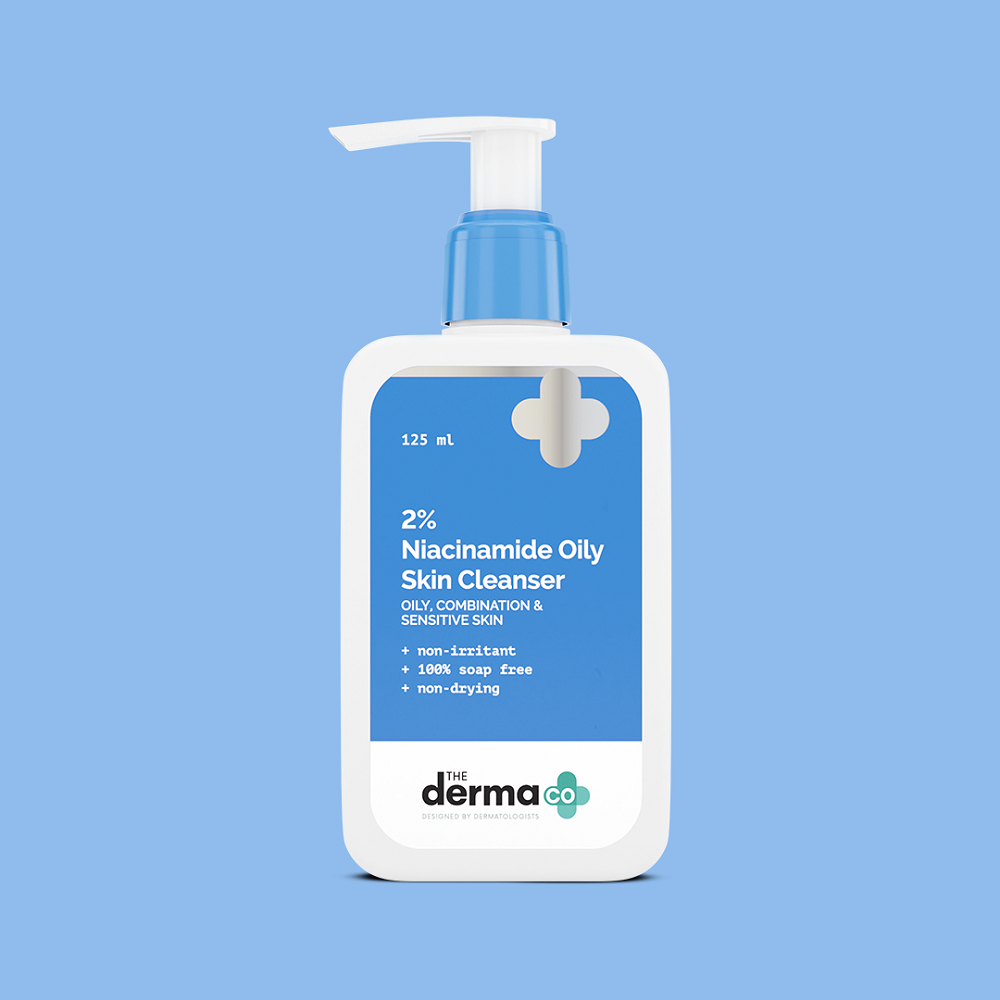
Regular cleansing plays a vital role in maintaining overall skin health. When done correctly, cleansing helps prevent the buildup of dirt and oils that can lead to acne breakouts. Keeping pores clear allows for better skin function and promotes a more even complexion.
Moreover, consistent cleansing encourages regular cell turnover, helping to reveal healthier skin underneath. This process can enhance skin tone and texture, leading to a more radiant appearance. Incorporating cleansing as part of a daily routine helps set the stage for a healthy and glowing complexion.
Effective cleansing forms the foundation for a successful skincare routine. When your skin is clean and free of impurities, other products can penetrate more effectively. Serums, moisturizers, and treatments work best when applied to properly cleansed skin.
Cleansing prepares the skin to absorb beneficial ingredients, maximizing the impact of your skincare products. A clean canvas allows for better absorption, leading to enhanced effectiveness. Therefore, investing time in proper cleansing directly contributes to the success of your entire skincare routine.
Just as the seasons change, so do your skin’s needs. As weather conditions fluctuate, your skin may react differently. During winter, the skin can become drier due to harsh elements. Conversely, summer heat can lead to increased oil production.
It is essential to adapt your cleansing routine based on these seasonal changes. You may find that your skin requires more moisturizing skin cleansers in colder months and lighter options in the warmer months. Being attentive to your skin’s changing needs is key to maintaining its health.
Lastly, always listen to your skin. If you notice irritation, redness, or discomfort, it may be a sign that your cleanser or routine is not suitable for your needs. Experimentation may be necessary to find the right products. Keep track of how your skin responds to different skin cleansers and adjust accordingly.
Regularly evaluate your skincare routine. As you age or your lifestyle changes, so may your skin’s needs. Take the time to make adjustments when necessary, ensuring your cleansing routine remains effective and beneficial for your skin.
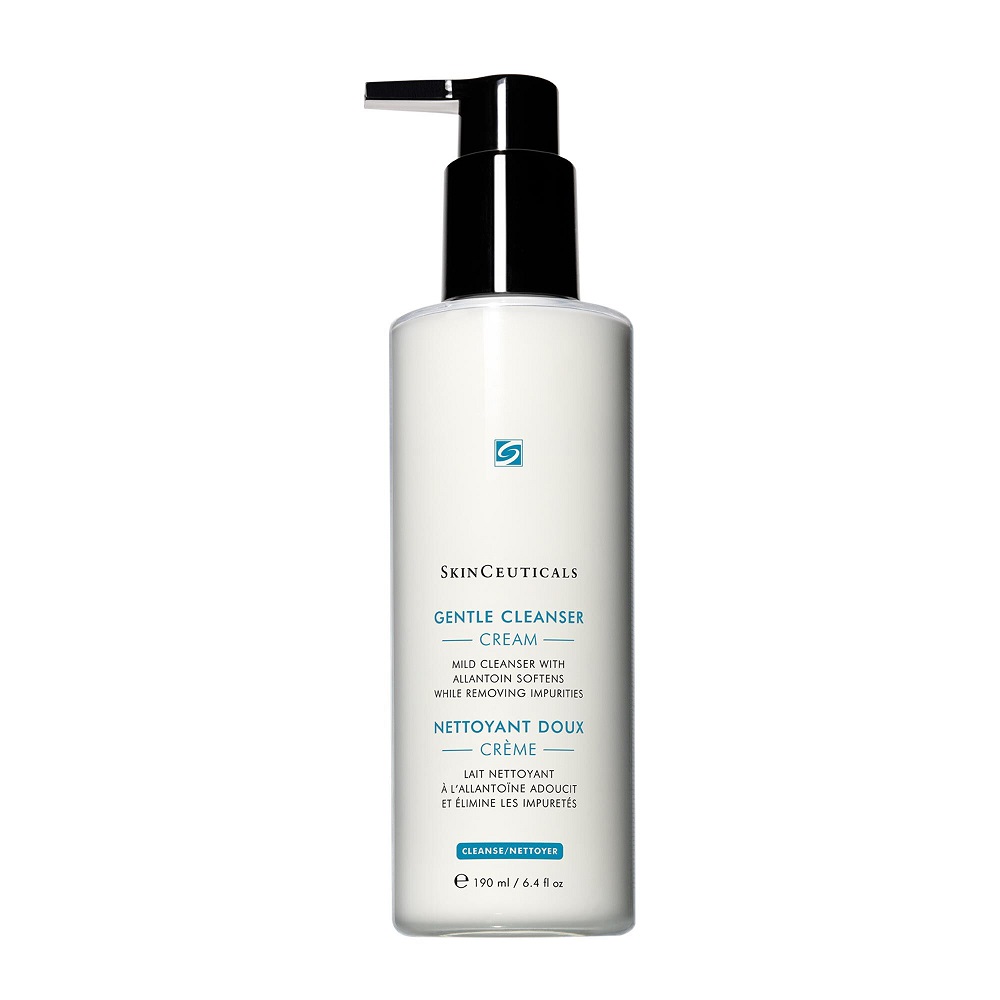
In conclusion, cleansing is a fundamental step in achieving and maintaining healthy skin. It removes impurities, enhances overall skin health, and prepares the skin for other essential products. By understanding your skin type, selecting the right cleanser, and following proper techniques, you can elevate your skincare routine.
Regular cleansing supports not only skin health but also the effectiveness of your other skincare products. Remember to adapt your routine according to seasonal changes and listen to your skin’s needs. By prioritizing cleansing as part of your daily regimen, you can pave the way for a radiant, healthy complexion.
With the right knowledge and dedication, you can achieve the beautiful skin you desire. Embrace the importance of cleansing and set the foundation for long-term skin cleansers health. Your journey to healthy skin starts with a commitment to effective cleansing practices, and the results will be well worth the effort.